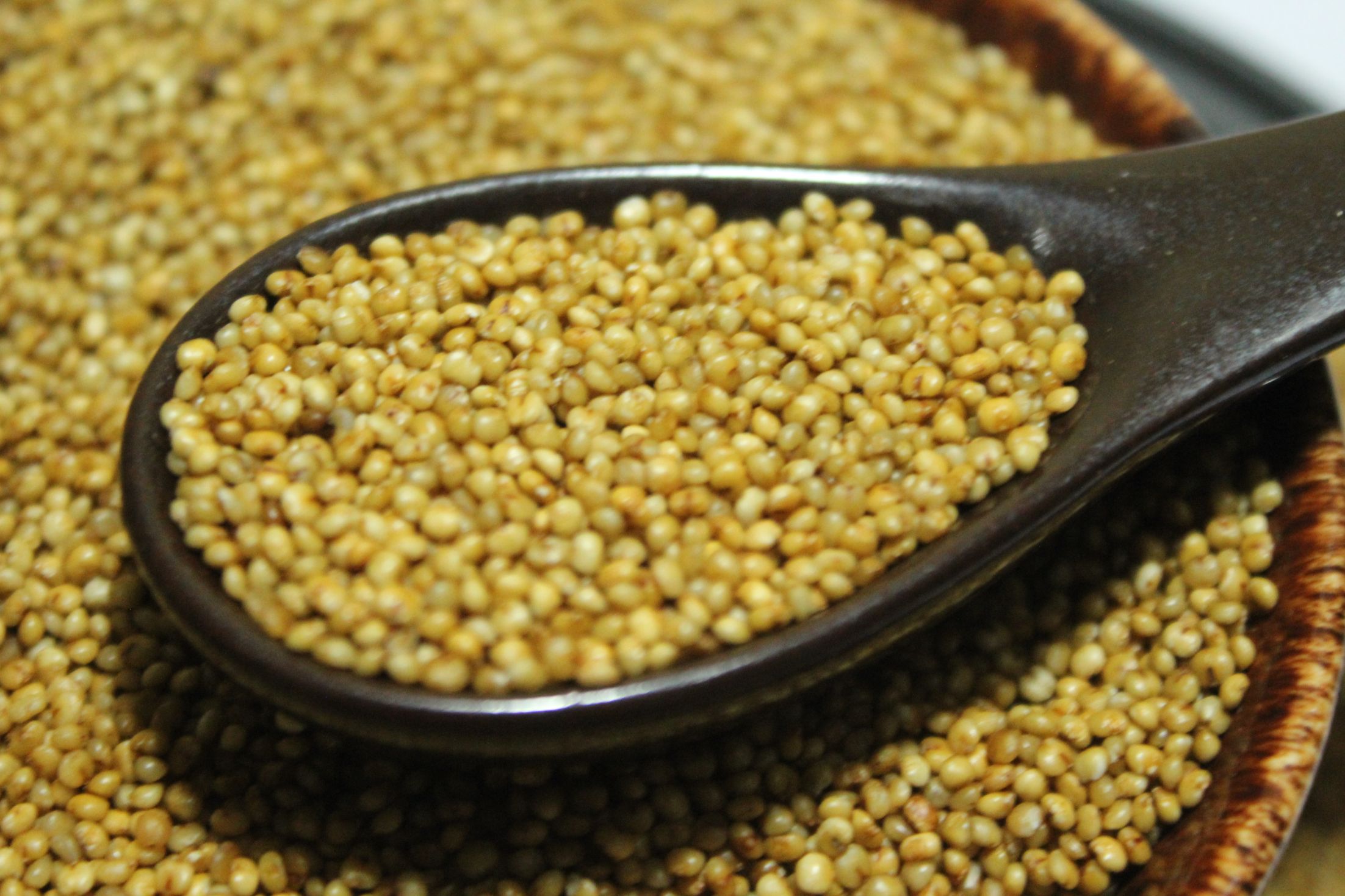Wheat, a fundamental component of many diets worldwide, is a common allergen that can trigger allergic reactions in adults. While it’s often thought of as a condition affecting children, wheat allergies can persist into adulthood or develop later in life. In this article, we’ll delve into the impact of wheat allergy symptoms in adults, exploring the potential consequences and highlighting the importance of proper diagnosis and management. We’ll also provide external links and FAQs to offer a comprehensive understanding of this health issue.
The Growing Concern of Wheat Allergy in Adults
Wheat allergy is an immune response to proteins found in wheat, primarily gluten and non-gluten proteins. Unlike celiac disease or gluten sensitivity, wheat allergy is an allergic reaction that can affect various body systems. Here’s how it can impact adults:
1. Digestive Discomfort
Gastrointestinal symptoms are common in adults with wheat allergies. These may include abdominal pain, bloating, diarrhea, and nausea. These symptoms can be mild or severe, affecting one’s daily life and nutrition.
2. Skin Reactions
Wheat allergy can lead to skin issues in adults. Hives, eczema, itching, and rashes may develop upon wheat consumption. These skin reactions can cause discomfort and impact one’s overall well-being.
3. Respiratory Distress
Respiratory symptoms, including wheezing, coughing, and shortness of breath, are also possible. These symptoms may be indicative of a more severe allergic reaction, and they require immediate medical attention.
4. Anaphylaxis
Anaphylaxis is a severe, life-threatening allergic reaction that can occur in adults with wheat allergies. It can lead to a drop in blood pressure, swelling of the throat and mouth, and difficulty breathing. Anaphylaxis requires immediate intervention with epinephrine and medical care.
7 Incredible Health Benefits of Adding Soybean Oil to Your Cooking
5. Oral Allergy Syndrome
Some adults experience localized mouth and throat itching or swelling after consuming wheat. This condition, known as oral allergy syndrome, is often manageable by avoiding raw wheat and consulting an allergist.
External Links
- Asthma and Allergy Foundation of America – Wheat Allergy
- American College of Allergy, Asthma & Immunology – Anaphylaxis
FAQs
Q1: Can adults outgrow wheat allergies?
A1: While some children may outgrow wheat allergies, it’s less common in adults. Allergists can perform tests to determine if tolerance has developed.
Q2: How is anaphylaxis treated in adults with wheat allergies?
A2: Anaphylaxis requires immediate treatment with epinephrine. It’s crucial to call 911 or seek emergency medical care after using epinephrine.
How to Use a Calorie Deficit Calculator to Optimize Your Weight Loss Journey
Q3: Can wheat allergy symptoms vary in intensity between individuals?
A3: Yes, the severity of symptoms can vary. Some adults may experience mild symptoms, while others may have more severe reactions. Anaphylaxis is a severe and potentially life-threatening reaction that requires immediate attention.
Q4: What is the difference between wheat allergy and gluten sensitivity?
A4: Wheat allergy is an immune response to wheat proteins and can cause a range of symptoms. Gluten sensitivity, on the other hand, is a non-allergic reaction to gluten and typically leads to digestive discomfort.
In conclusion, understanding the impact of wheat allergy symptoms in adults is vital for proper diagnosis and management. If you suspect a wheat allergy, consult an allergist for testing and guidance. Allergic reactions to wheat can range from mild discomfort to severe and potentially life-threatening conditions, emphasizing the importance of awareness and care in addressing this health issue.











